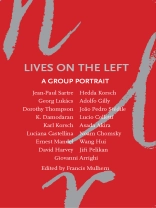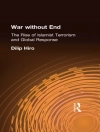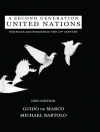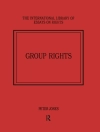The extended critical interview is especially flexible as a form, by turns tenacious and glancing, elliptical or sustained, combining argument and counter-argument, reflection, history and memoir with a freedom normally denied to its subjects in conventional writing formats.
Lives on the Left brings together sixteen such interviews from
New Left Review in a group portrait of intellectual engagement in the twentieth century and since.
Four generations of intellectuals discuss their political histories and present perspectives, and the specialized work for which they are, often, best known. Their recollections span the century from the Great War and the October Revolution to the present, ranging across Europe, the Americas, Africa and Asia. Psychoanalysis, philosophy, the gendering of private and public life, capital and class formation, the novel, geography, and language are among the topics of theoretical discussion. At the heart of the collection, in all its diversity of testimony and judgement, is critical experience of communism and the tradition of Marx, relayed now for a new generation of readers.
Lives on the Left includes interviews with Georg Luk�cs, Hedda Korsch, Jean-Paul Sartre, Dorothy Thompson, Jir?i Pelikan, Ernest Mandel, Luciana Castellina, Lucio Colletti, K. Damodaran, Noam Chomsky, David Harvey, Adolfo Gilly, Jo�o Pedro St�dile, Asada Akira, Wang Hui and Giovanni Arrighi.
New Left Review was founded in 1960 in London, which has remained its base ever since. In fifty years of publication, it has won an international reputation as an independent journal of socialist politics and ideas, attracting readers and contributors from every part of the world. A Spanish-language edition is published bi-monthly from Madrid.
Sobre el autor
Wang Hui is a professor in the Department of Chinese Language and Literature at Tsinghua University in Beijing, where he currently lives. He studied at Yangzhou University, Nanjing University and the Chinese Academy of Social Sciences. He has also been a visiting professor at NYU and other universities in the U.S. In 1989, he participated in the Tiananmen Square Protests and was subsequently sent to a poor inland province for compulsory ‘re-education’ as punishment for his participation. He developed a leftist critique of government policy and came to be one of the leading proponents of the Chinese New Left in the 1990s, though Wang Hui did not choose this term. Wang was named as one of the top 100 public intellectuals in the world in 2008 by Foreign Policy.












